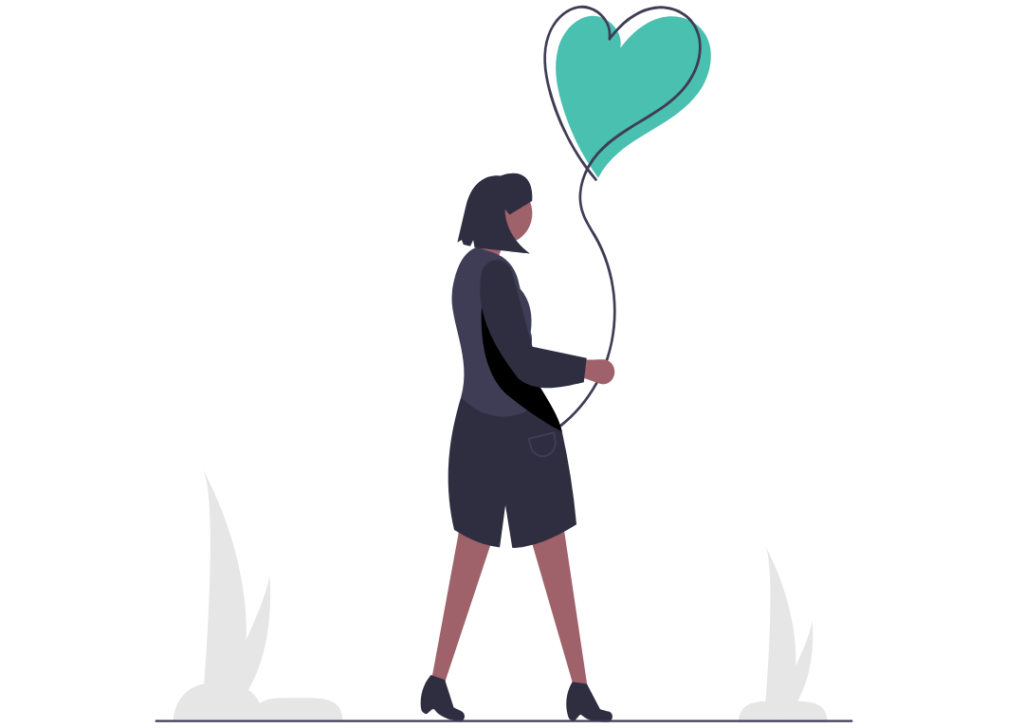
I Miss Who She Was And What We Did Together
Steve cared for his wife, who had Primary Lateral Sclerosis, for 15 years when she suddenly had a stroke. That was a wake-up call.

Blue and her sister cared for their mom after her ovarian cancer relapsed. Their stepdad was the primary caregiver until they realized she needed more care than he could provide on his own. Blue talks about the challenges of stepping into a caregiver role, managing complicated relationships, and not being afraid of difficult conversations. This is Blue’s story.
As told to Open Caregiving and lightly edited to enhance readability while preserving the author’s voice.
Hi, my name is Blue. I’m a Gen X woman from Minnesota. I was a caregiver for my mom who had ovarian cancer.
I was a mom of three; two in college and one in high school. I was between jobs when my mom’s ovarian cancer relapsed, so I opted not to look for a new job.
My mom lived about 3 hours away with my stepdad. They had been married for about 4 years. I was grateful he was there to get her to all of her chemotherapy appointments and to be with her from day to day, but as she got sicker, he became a hurdle to clear communication. He was angry that he was losing his wife, yet my mom wanted and needed more help than he could give.
In the spring of 2019, she ended up in the hospital due to dehydration on the same day I was coming into town. She actually accepted my offer to stay with her overnight, which I was happy to do. I was surprised, as she had been letting on like things were going quite well. Turned out they weren’t.
From that day until the day she died over a month later, either I or my sister or both of us were with her. My stepdad didn’t appreciate the “intrusion”, but it’s what she said she wanted, so we made it work.
Thankfully, my husband could work from home, and my only kid living at home was of driving age. Otherwise, it never would have worked to be in the next state over for the better part of a month.
My sister had to take unexpected FMLA (Family and Medical Leave Act) time from her hospital job to be there. She lived 4 hours away from my mom’s house.
My relationship with my mother was notoriously complicated. I was always closer to my dad while growing up; he died 18 years ago. My mom was likely mentally ill, but being of the Silent Generation, they didn’t discuss that sort of thing. She was volatile and lashed out verbally with a hair-trigger temper. She could be unbelievably manipulative. But she was my mother. I loved her.
My sister and I learned early on that my mom told us different things than she told her husband. Things like how she was feeling, whether she was ready for hospice, and her final wishes. It made for some uncomfortable conversations both before and after her death.
The emotional toll of taking care of someone who still had the capability of making me feel like a little girl. It really could mess with me mentally.
Books, podcasts, and Netflix. Looking forward to watching episodes of a series I’d already watched a hundred times gave me a sense of routine and constancy in a surreal world where a 24-hour day could feel like a month.
Don’t be afraid to have difficult conversations with the sick person. If you are wondering about things like burial and headstone, and she won’t talk about it in front of you and her husband, call her out on it. It will save you so much grief down the road.
It’s hard to think past the sick person’s death while you’re in the dark days of caring for them. But you really have to step back now and then. Think about who you’ll be left with after it’s over, and what those relationships will look like without that person in the picture.
Sometimes the healthiest thing you can do for their legacy is to ask hard questions in the moment.

Steve cared for his wife, who had Primary Lateral Sclerosis, for 15 years when she suddenly had a stroke. That was a wake-up call.

Klara was a few years out of college when her seemingly healthy mom was diagnosed with a rare form of cancer beyond treatment.

Rose and her husband were about to start the business of their dreams when her mom was diagnosed with stage IV cancer.